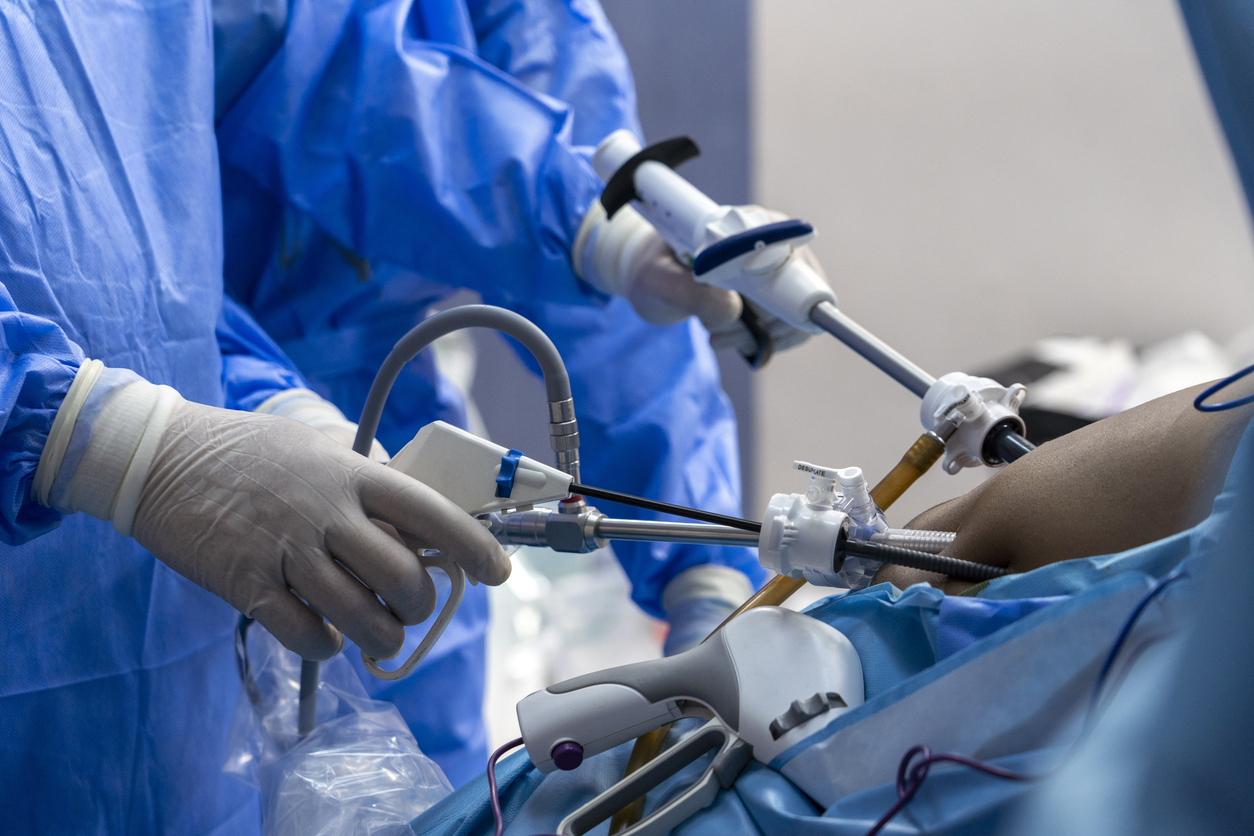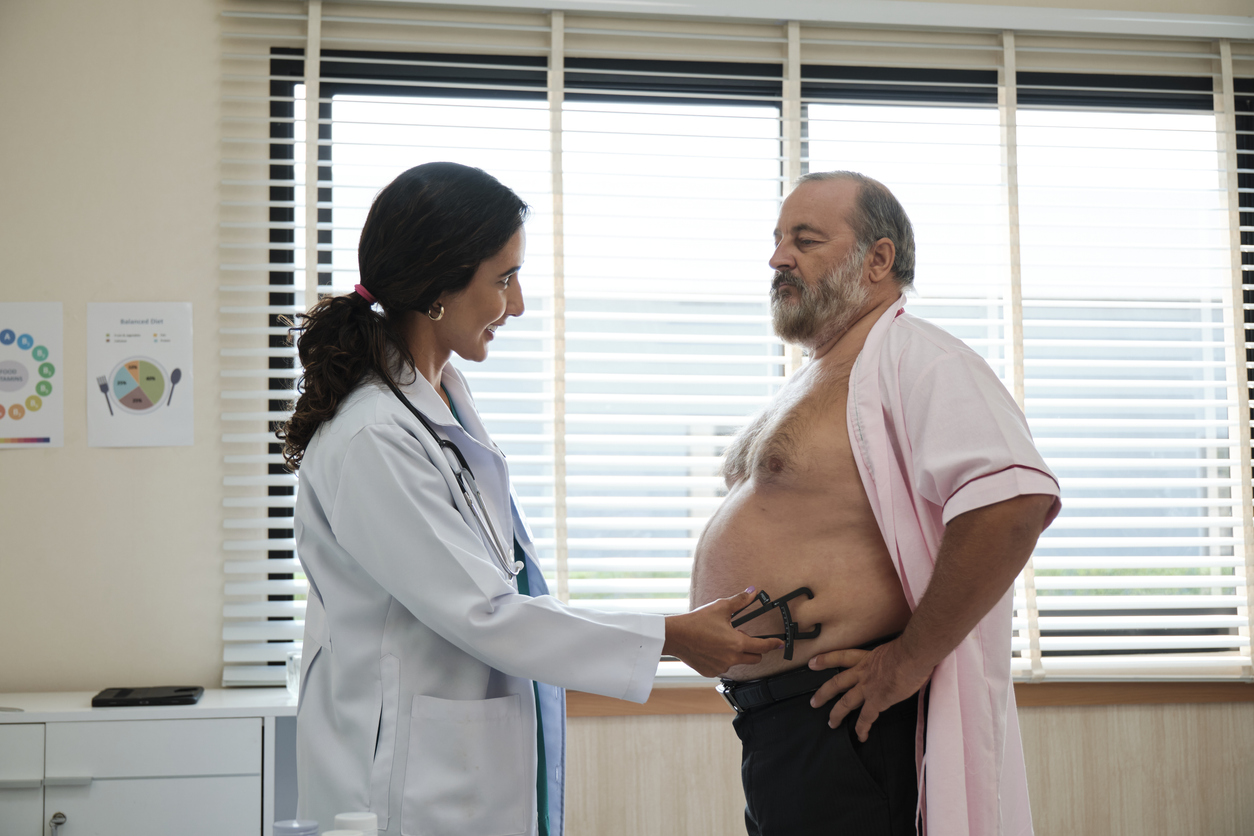

As the temperatures drop, fitness often slips down the priority list. Shorter days, chilly weather, and busy schedules make it easy to skip workouts. But staying active during fall and winter is just as important as in the summer months. Exercise supports weight loss, keeps energy levels steady, and strengthens the immune system when colds and flu are more common.
The good news is that you don’t need sunshine or warm weather to stay healthy. With a few smart adjustments, you can keep moving, maintain your fitness, and feel your best all season long.
This guide shares simple tips to help you stay active during winter, keep workouts enjoyable, and build routines that actually stick.
At a Glance
- Exercise indoors with simple, effective routines.
- Dress in layers to make outdoor workouts more comfortable.
- Use seasonal activities like hiking or raking leaves as exercise.
- Stay consistent with a fitness schedule, even when days get shorter.
Why Cold Weather Fitness Matters
It’s tempting to hibernate when the air gets crisp, but taking a long break from movement makes it harder to restart in spring. Exercise during colder months does more than help with weight loss. It boosts your mood, strengthens your heart, and helps regulate sleep; all things we tend to struggle with when the days are shorter.
Here in Birmingham, fall often brings cooler mornings but still plenty of mild afternoons. That means you can enjoy outdoor workouts longer than in many other parts of the country. By building consistent habits now, you’ll set yourself up for a healthier year ahead.

Indoor Exercise Options for Colder Months
Create a Simple Home Workout Routine
You don’t need a fancy gym to stay on track. A few bodyweight exercises can give you a solid workout right in your living room.
Try mixing in these moves throughout your day:
- Squats and lunges for legs.
- Push-ups and planks for arms and core.
- Jumping jacks, mountain climbers, or burpees for cardio.
- Yoga or Pilates for flexibility and balance.
Just 20–30 minutes a day can make a big difference in how you feel mentally and physically.
Try Online Fitness Classes
Online workouts make it easy to stay active indoors. You can find everything from quick HIIT sessions to guided yoga or Pilates. Many local gyms and studios in Birmingham also stream virtual classes, so you can still support nearby fitness businesses while exercising at home.
Tip: Put workouts on your calendar and treat them like appointments. That little step makes it harder to skip.
Outdoor Fitness in Colder Weather
Dress in Layers
Outdoor exercise can still feel great in cooler weather if you dress right. Layering helps you stay warm without overheating.
Here’s a simple approach:
- Start with a moisture-wicking base layer.
- Add a light insulating layer like fleece.
- Top it with a wind- or water-resistant jacket.
- Don’t forget gloves, a hat, and warm socks.
Turn Seasonal Activities into Workouts
Fitness doesn’t have to mean a trip to the gym. Seasonal activities can double as exercise while keeping things fun.
Ideas include:
- Hiking at Oak Mountain State Park or Red Mountain Park.
- Raking leaves or light yard work for extra calorie burn.
- Walking the dog in the cool fall air.
- Playing soccer, basketball, or touch football with family and friends.
Staying Motivated When It’s Cold
Stick to a Schedule
When it gets dark earlier, it’s easy to put workouts off until “tomorrow.” A set schedule makes all the difference. Morning workouts can give you energy for the day, while evening sessions help you unwind. Choose the time that works best for you and stick to it.
Tip: Lay out your workout clothes the night before so you’re ready to go.
Find an Accountability Partner
It’s easier to stay active when someone else is counting on you. A walking buddy, a gym partner, or even a friend who checks in by text can help you stay consistent. Having someone to share your goals with makes the routine feel less like a chore and more like a shared commitment. On cold or dark days, knowing someone is waiting for you can be the push you need to lace up your shoes and get moving.
Set Seasonal Goals
Instead of vague resolutions, aim for short-term, measurable goals that fit the season. Having something concrete to work toward makes it easier to stay focused when the days get shorter and colder. For example:
- Run or walk a set number of miles in November.
- Try three new workout classes before December ends.
- Do 20 push-ups in a row by January.
- Commit to stretching for 10 minutes a day through the winter months.
- Sign up for (and train for) a local holiday 5K.
- Aim for 30 days of consistent movement, even if it’s just 20 minutes.
Tips for Success
- Be Realistic: Choose goals that challenge you but fit your schedule and energy level
- Track Progress: Use a journal, app, or calendar to mark your workouts
- Adjust as Needed: If you get sick or your schedule changes, modify your goal instead of giving it up completely
- Reward Yourself: Celebrate when you hit milestones with something that feels good, like new workout gear, a special outing, or just a little time for yourself
Nutrition to Support Fall & Winter Fitness
Weight loss and fitness go hand-in-hand with what you eat. Cooler months bring cravings for comfort food, but healthy options can be just as satisfying.
Smart choices include:
- Hearty soups made with lean protein, beans, and vegetables instead of cream-heavy recipes.
- Herbal teas or black coffee instead of sugary seasonal lattes.
- Healthy snacks like roasted nuts, fruit, or whole-grain crackers with hummus.
- Staying hydrated: Cold weather can make you forget to drink enough water.
FAQs About Cold-Weather Fitness
Is it safe to exercise outdoors in very cold weather?
Yes, as long as you dress properly and avoid extreme conditions like icy roads or very low wind chills.
What if I don’t have time for long workouts?
Short workouts add up. Even 15–20 minutes of high-intensity exercise supports weight loss and helps you stay fit.
Can colder weather actually help with weight loss?
Yes. Your body burns extra calories to stay warm in cold air. Pairing that with exercise can give your metabolism a slight boost.
Key Takeaways for Fall Fitness
Colder months don’t have to mean slowing down. With a mix of indoor workouts, outdoor activities, and healthy eating, you can stay active during winter and support your fitness goals. Building small, steady habits now will keep you moving and motivated all season long.
Stay on Track with Expert Fitness Support
At Birmingham Minimally Invasive, we specialize in helping people take control of their health through advanced weight loss surgery options. If you’re ready to explore surgical solutions for lasting weight loss, our experienced team will guide you every step of the way. Contact us today to schedule a consultation and start your journey toward a healthier future.
Schedule Your Consultation with Birmingham Minimally Invasive
Don’t let another season pass by without taking charge of your health. At Birmingham Minimally Invasive, we provide personalized weight loss surgery options designed to help you lose weight safely and keep it off long-term. Our surgeons and support team are here to give you the tools, care, and confidence you need for lasting results. Contact us today to schedule your consultation and take the first step toward a healthier, stronger you.












